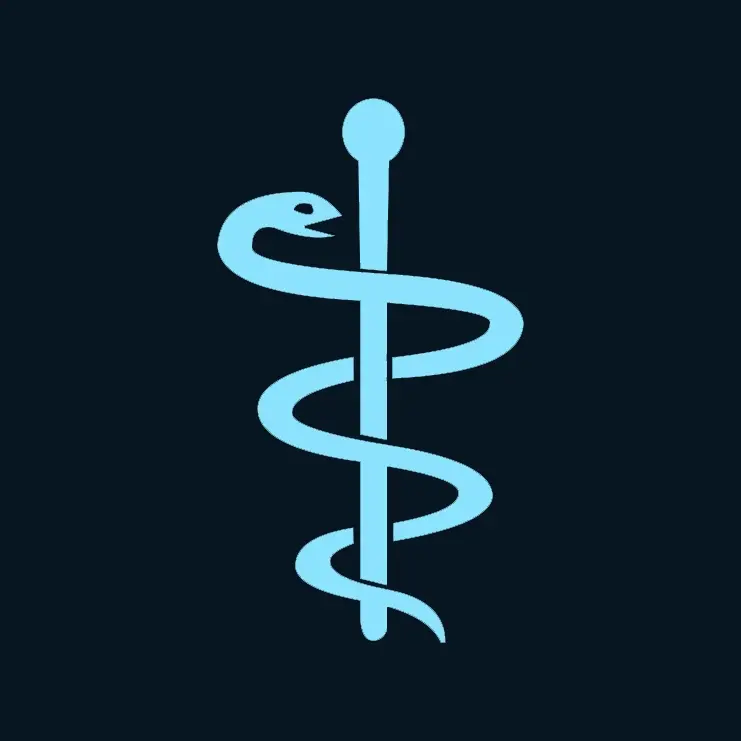This is the best summary I could come up with:
There is evidence suggesting that it’s females’ double complement of X chromosomes that puts them at such heightened risk for autoimmune diseases.
One suggestion for why women are more susceptible to autoimmune disease is the pregnancy-compensation hypothesis, which posits that women’s immune systems have to be super vigilant to cope with the potentially dangerous foreign bodies that got implanted in them regularly and frequently throughout human history (placentas and fetuses).
Now, women have birth control and don’t spend most of their adult lives pregnant, but their overactive immune systems haven’t yet learned to calibrate, the idea goes, so they attack the body’s own tissues.
Thirty Xist binding proteins have already been reported to be targets of antibodies in human autoimmune diseases, which is what spurred this study in the first place.
Physicians and scientists have long known that (1) women get more autoimmune diseases than men; (2) dosage compensation for the second X chromosome in female cells likely played some role in that; (3) RNA-protein complexes are often targeted by autoantibodies; and (4) Xist is part of an RNA-protein complex involved in X inactivation.
Hopefully, this research will reveal some new and effective targets for the diagnosis, monitoring, stratification, and treatment of this suite of diseases.
The original article contains 666 words, the summary contains 206 words. Saved 69%. I’m a bot and I’m open source!



